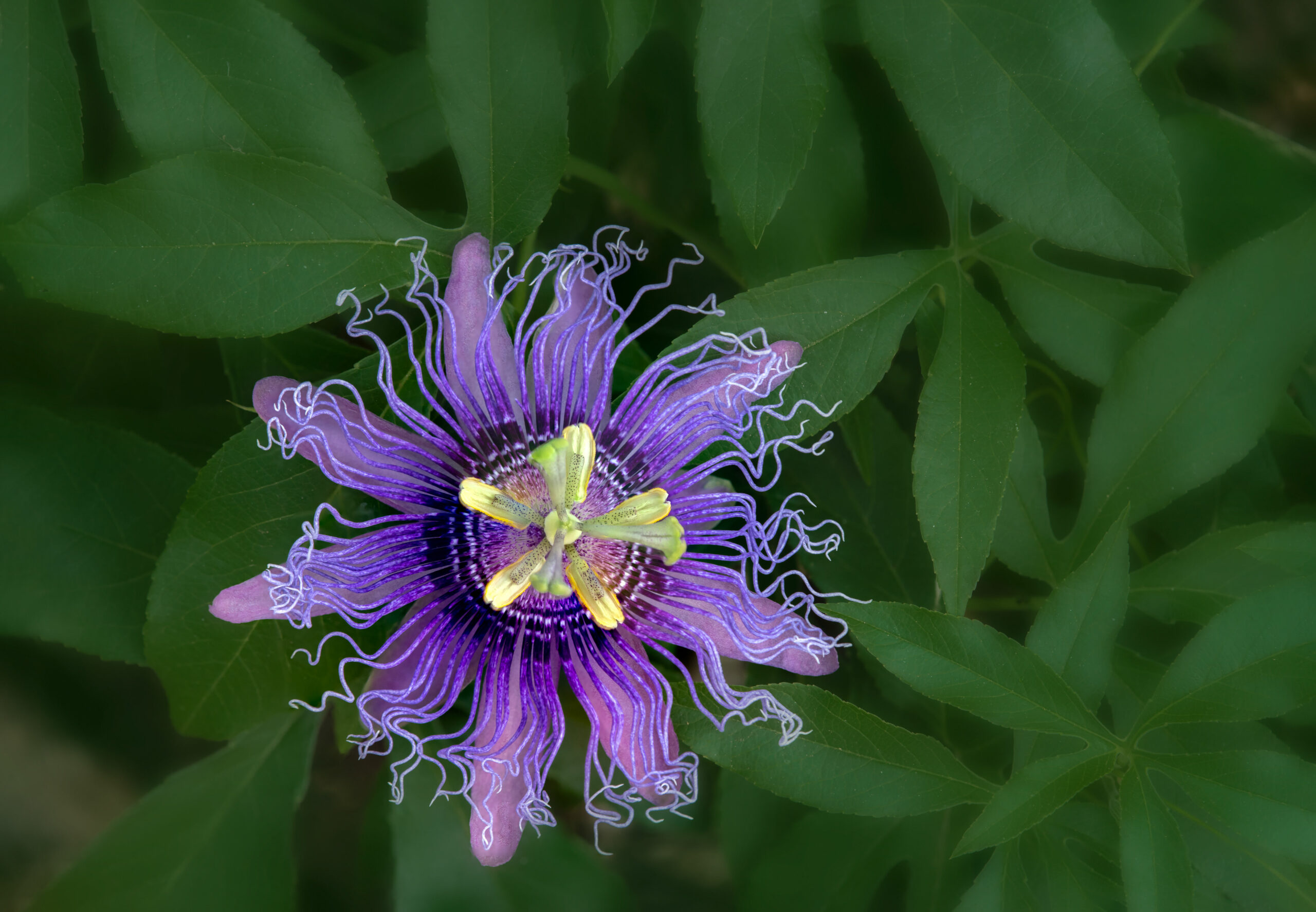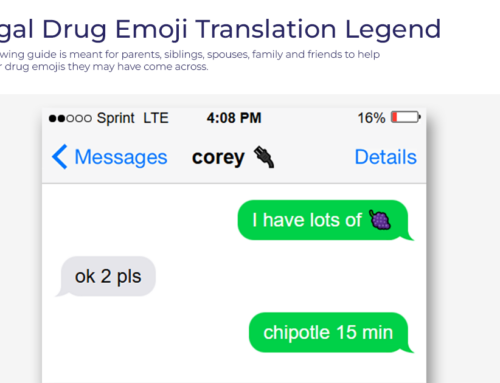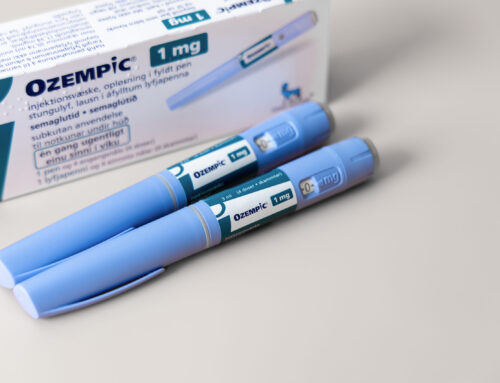Addiction treatment and recovery support is going through a renaissance of sorts at the moment. Perhaps it’s been triggered by America’s opioid overdose epidemic or encouraged by more open attitudes towards natural and plant-based medicines. Whatever the reason may be, we are seeing more and more people in addiction recovery looking to the natural world for symptom relief and support.
This Achieve Wellness and Recovery article explores non-hallucinogenic natural and plant-based medicines that could help support your recovery.
Non-Hallucinogenic Plant Medicines That May Support Addiction Recovery
Recovering from addiction to opioids, alcohol, benzodiazepines, or any other substance is a complex process that lasts a lifetime. But the biggest obstacles in early recovery, aside from cravings and changing old behaviors, are often related to mood. It’s very common for people in early addiction recovery to experience depression or anxiety or to have trouble sleeping, for example.
While prescribed medications can be very effective at treating depression and other symptoms, many people prefer to seek out non-pharmaceutical solutions from the natural world, where possible. Fortunately, a few time-honored plant-based solutions may fit the bill for you.
An Important Note About Natural Medicines and Drug Interactions
Before we start, never take any of the medicines or herbs in this article without first consulting your doctor. Many natural remedies can interact or interfere with prescription medications, and these interactions can be dangerous. You also may trigger an allergic reaction. Just because a remedy is natural or available without a prescription does not mean it’s harmless.
Valerian Root for Sleeplessness or Anxiety in Recovery
Valerian root is an herb known for its sedative properties for more than a thousand years. One of the first mentions of valerian root’s calming effects came from the Greek physician Dioscorides mentioned it in the 1st century AD. Its origins as a medicine likely began hundreds of years before this. It was widely used as a mild sedative in Europe by the 1700s
Sometimes called “nature’s Valium, ” Valerian works by increasing levels of gamma-aminobutyric acid (GABA), the same neurotransmitter that benzodiazepines act on. Valerian promotes relaxation and reduces anxiety, but it is not addictive or habit-forming like Xanax, Valium, or Klonopin. Valerian’s calming effect can help alleviate symptoms of depression, provide some anxiety relief, and improve sleep quality for people in recovery.
St. John’s Wort for Depression in Recovery
St. John’s Wort (Hypericum perforatum) is a popular herbal remedy used to treat mild to moderate depression. It’s believed to work by increasing the levels of neurotransmitters like serotonin and dopamine in the brain, which can help improve mood. Some studies have shown mixed results, with some indicating it’s as effective as prescription antidepressants for mild depression.
While clinical research has shown St. John’s Wort to be effective in reducing symptoms of depression for many people, it’s very important to note that St. John’s Wort can interact with other medications, including birth control, blood thinners, and prescription antidepressants. Always consult your doctor before beginning any herbal or natural supplement like this, especially if you take any prescription medicines.
Passionflower for Anxiety and Insomnia in Recovery
Passionflower (Passiflora incarnata) is a flowering plant that has been used as a mild, natural anti-anxiety remedy and sleep aid for centuries (possibly millennia). When Spanish explorers discovered it in the New World in the 1600s, they brought it back to Europe. Passionflower relieves anxiety and insomnia in a similar way to valerian root.
It works by increasing gamma-aminobutyric acid (GABA) levels, which, in turn, promotes relaxation and reduces brain activity. This calming effect can help alleviate anxiety and improve sleep quality. Passionflower supplements are non-addictive, making them generally safe for people in recovery, but ask your doctor first. Passionflower is available in various forms, including teas, capsules, and tinctures.
More Unusual Natural Medicines
Aside from the more mainstream herbal remedies for depression, anxiety and insomnia mentioned above, which may be helpful to people in recovery, there is another category of natural medicines. These are more controversial remedies that are far less commonly used for several reasons.
Generally, they have intense side effects that most people find too unpleasant to tolerate or they are hard to locate and source—usually, it’s both of these things. We do not recommend trying any of these under any circumstances and provide this information purely as a cautionary measure and to raise awareness.
Kambo
Kambo is a traditional tribal medicine from South America that uses the secretions of the giant monkey frog (Phyllomedusa bicolor). Indigenous tribes have used Kambo for centuries to “purify the body.” We have only anecdotal evidence of its alleged benefits. Clinical research has been very limited. There is no definitive proof that Kambo is helpful to people in recovery (or anyone else).
The Kambo ritual involves burning small areas of the skin and applying the frog’s secretions to these burns, allowing the toxins to enter the bloodstream and lymphatic system. Kambo contains several bioactive peptides that can have various effects on the body. These include nausea and vomiting, increased heart rate, dilation of blood vessels, and stimulation of brain cells, which is said to increase mental clarity. It has been suggested that Kambo’s detoxifying effects could be helpful for addiction—but there is no definitive medical evidence for this.
Ibogaine (Tabernanthe iboga root)
Ibogaine is a naturally occurring psychoactive substance derived from the root bark of the Tabernanthe iboga plant, which is native to West Africa. Traditionally, Indigenous tribes have used it in spiritual and healing ceremonies.
Ibogaine has gained attention for its potential to treat addiction, particularly opioid addiction. It works by interacting with various neurotransmitter systems in the brain, which can help reduce withdrawal symptoms and cravings.
There is limited clinical evidence that Ibogaine may be effective in substantially reducing opioid cravings for some people. That said, Achieve Wellness and Recovery does not recommend Ibogaine, nor does the Western medical community. The side effects from its use are too severe, and we know far too little about how this substance works to call it either safe or effective.
Achieve Wellness and Recovery Can Help When You’re Ready
The best time to begin your recovery is right now. No matter what obstacles to sobriety you or your loved ones may face, we are here to support you through them. Tackling addiction can seem overwhelming—we understand this better than most. The majority of us here are either in recovery ourselves, or our families or loved ones have been touched by addiction.
If you’re unsure whether you or a loved one is ready for drug and alcohol rehab, don’t hesitate to reach out anyway. We’re here to provide answers about addiction and guide you toward recovery, but only you can take that first step by making the call.
Reach Achieve Wellness & Recovery at: (833) 680-0142
Click here to learn how our New Jersey drug rehab can work with your insurance.








